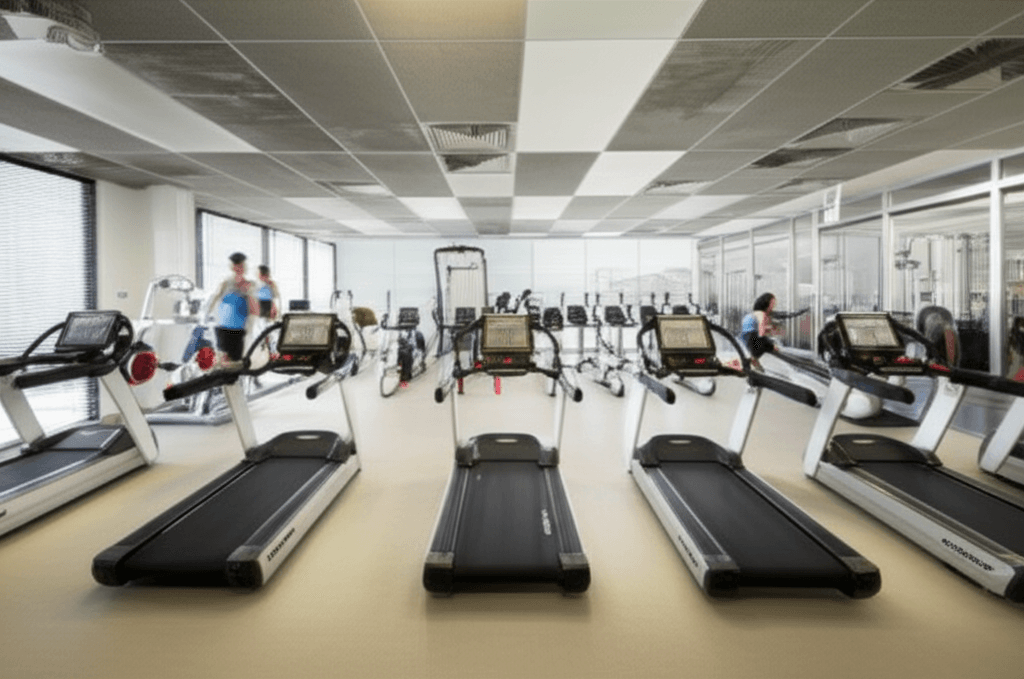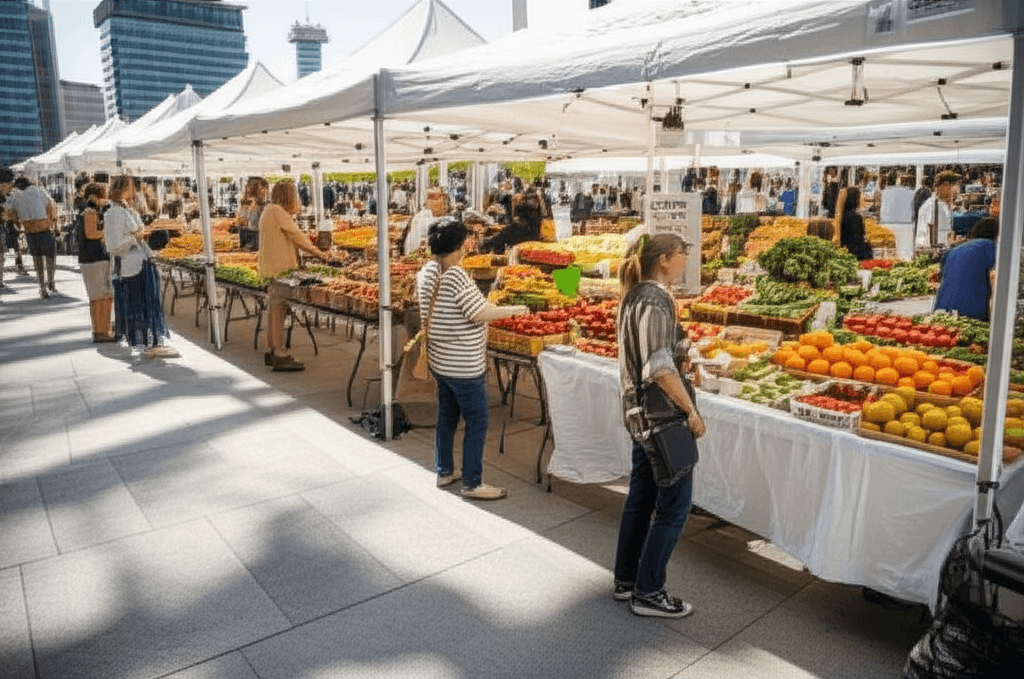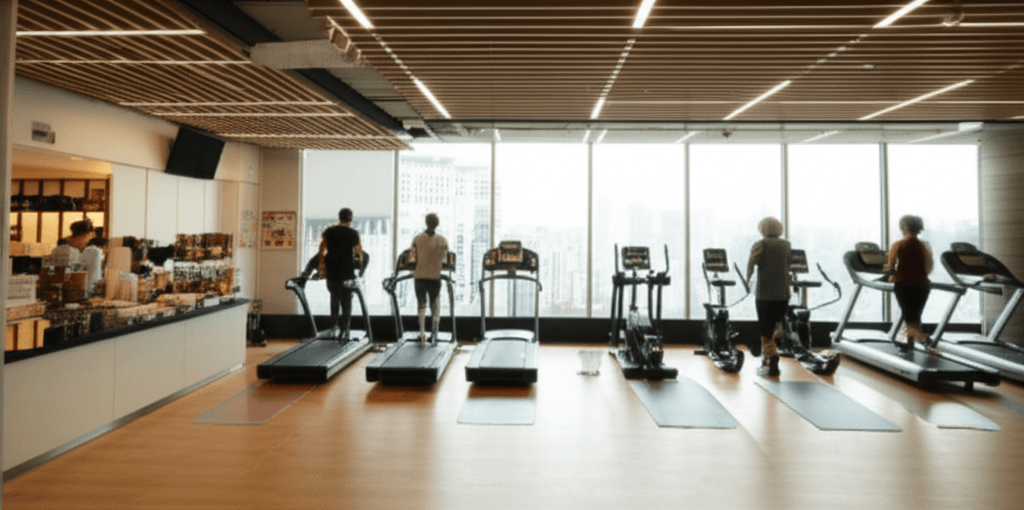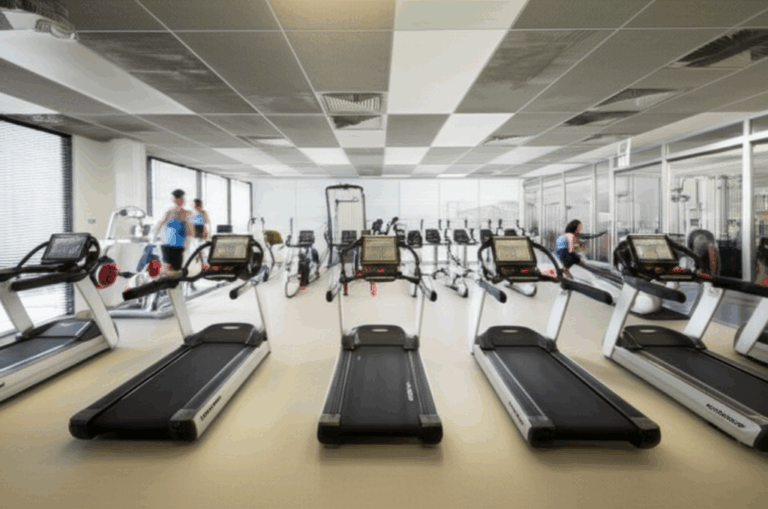Seoul is embarking on an ambitious public health transformation, significantly expanding fitness certification centers and promoting healthier dining options across the city. These initiatives are core components of the “Healthier Seoul 9988” comprehensive plan, announced by the Seoul Metropolitan Government, aiming to bridge the gap between average life expectancy and healthy life expectancy for its citizens. The city’s proactive approach seeks to make wellness an integral part of daily life, addressing concerns over rising medical expenses and the overall well-being of its population.

Boosting Physical Activity with Enhanced Fitness Certification Centers
A cornerstone of the “Healthier Seoul 9988” plan is the establishment and expansion of Fitness Certification Centers. Starting in the second half of this year, Seoul will launch one center in each district, with the ultimate goal of operating 100 such facilities by 2030. These centers are designed to empower citizens by providing personalized health insights and expert guidance.
Personalized Exercise Prescriptions and Digital Support
At these new centers, individuals will be able to measure their physical condition and receive tailored exercise prescriptions from qualified experts. This personalized approach aims to make fitness more accessible and effective for residents of all ages. To further support this, the city’s digital platform, “My Trainer Seoul,” will offer customized exercise plans and connect users with certified fitness instructors and public exercise groups.
Innovative Sports Facilities for All Seasons
Beyond traditional centers, Seoul is investing in modern infrastructure to encourage physical activity. The plan includes increasing the number of “Virtual Reality Sports Rooms” to 100 by 2030, offering weather-independent exercise options. Additionally, 100 school sports facilities will be opened to the public, aiming to reduce health disparities across different regions and age groups. The city is also integrating health into urban design with “Health Rest Benches” and “Inviting Staircases” to encourage longer walks and stair use.
Focusing on Senior Fitness with AI Integration
Recognizing the needs of its aging population, Seoul is also establishing “smart fitness centers” equipped with AI-based technology. One such center has already opened in Gangnam District, featuring AI solutions that automatically adjust workout weights and provide performance metrics, preventing accidents and promoting safe strength training for elderly residents. The city also plans to expand “Seoul Health Longevity Centers” from 13 this year to 100 by 2030, and enhance “Customized Home Healthcare Service for the Elderly.” Furthermore, the national “Physical Fitness 100” project is expanding its certification grades from three to six, allowing a broader spectrum of participants to receive recognition for their physical activity.

Cultivating Healthier Eating Habits Across the City
Complementing the fitness initiatives, Seoul is making a concerted effort to expand access to nutritious food options and educate its citizens on healthy eating. This involves a multi-pronged approach targeting restaurants, convenience stores, and packaged foods.
Expanding Healthy Dining Choices
A key objective is to significantly increase the availability of brown rice and whole grain meals in restaurants. Starting with 1,000 participating restaurants this year, the city aims to grow this number to 3,000 next year and an impressive 15,000 by 2030. Businesses that offer these healthy options will receive certification marks, making it easier for citizens to identify and choose nutritious meals when dining out or ordering delivery.
While individual healthy restaurants like Root, Sunny Bread, Plant Cafe, and La Ferme are already popular for their plant-based, gluten-free, and superfood offerings, the city’s plan aims to mainstream these options.
Promoting Healthy Food Choices for Children
Seoul is also focusing on influencing children’s eating habits by implementing measures in convenience stores and school stores. Starting with 300 locations next year and expanding to 2,000 by 2030, these stores will prioritize placing healthy foods at children’s eye level. This initiative aligns with national efforts to promote healthy eating, including the “Special Act on Safety Management of Children’s Dietary Life” which designates “Green Food Zones” around schools.
Empowering Consumers with Nutritional Information
To help citizens make informed food choices, Seoul plans to introduce a “Processed Food Nutrition Grading System.” This system will allow consumers to easily check sugar and sodium content grades for various packaged items such like instant noodles, beverages, and snacks. The Ministry of Food and Drug Safety already implements nutrition labeling policies and runs programs to reduce sugar and sodium intake nationwide.

A Vision for a Healthier Seoul
The “Healthier Seoul 9988” plan underscores the Seoul Metropolitan Government’s commitment to improving public health and reducing the burden of medical expenses, which have exceeded 20 trillion Korean won annually. With a goal to extend residents’ healthy life expectancy by three years and increase physical activity levels by three percentage points by 2030, Seoul Mayor Oh Se-hoon envisions a city where all citizens can enjoy a healthy and happy daily life through customized policies and social systems. These comprehensive initiatives reflect a holistic understanding of well-being, integrating physical activity, nutritious eating, and accessible health support into the urban fabric.







